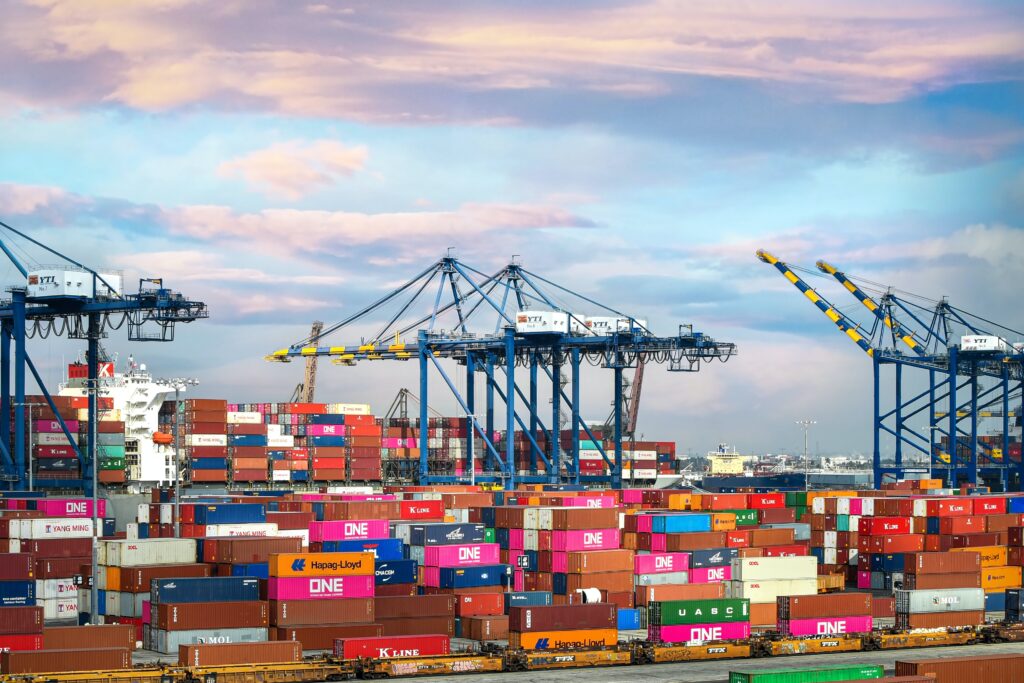In the dynamic and fast-paced environment of ports, effective communication is paramount for ensuring smooth operations, safeguarding personnel, and preventing potential disasters.
The port is a major maritime gateway, handling a significant volume of cargo and vessel traffic daily. With multiple terminals, diverse cargo types, and various stakeholders including shipping companies, customs authorities, terminal operators, and logistics providers, the port’s operational landscape is characterized by constant activity and coordination challenges.
Proven Track Record
Critical communication
Service Level Agreement
Completed Projects
Customer Satisfaction
The Challenges
Instantaneous Communication: The ability to transmit and receive messages in real-time is essential for coordinating vessel movements, loading/unloading activities, and responding swiftly to changing conditions.
Interoperability: The communication system must be interoperable, enabling seamless integration across various stakeholders and systems, including radio communication, landline phones, mobile devices, and digital platforms.
Reliability and Resilience: Given the mission-critical nature of port operations, the communication infrastructure must be highly reliable, resilient to disruptions, and capable of functioning under adverse conditions such as severe weather or power outages.
Scalability: The communication system should be scalable to accommodate the growing needs of the port and capable of adapting to evolving technologies and operational requirements.
What did
PRO ONE do?
PRO ONE ECHO plan provides following benefits to address the communication requirements and overcome challenges for port industry:
- Unified Communication Platform – A unified communication platform integrates TETRA/DMR and MCX technologies, enabling seamless communication across voice and data channels while providing centralized management and control.
Secure Network Infrastructure – Enhancing cybersecurity measures through encryption, authentication, and access control mechanisms to safeguard critical manufacturing data and systems from cyber threats.
- Flexibility and Scalability – The hybrid approach provides flexibility and scalability to accommodate diverse communication needs and future technological advancements, ensuring long-term viability and adaptability.
Managed Support Services – Provides technical managed support services for monitoring, repairs and maintainence to ensure reliable operations, enhanced efficieny and cost-effectiveness for manufacturing industry.

The Results
- Enhanced Operational Efficiency: Real-time communication and coordination have improved the efficiency of vessel handling, cargo operations, and terminal logistics, reducing turnaround times and enhancing productivity.
- Improved Safety and Security: Prompt dissemination of safety alerts and emergency notifications has bolstered safety measures, enabling timely responses to incidents and minimizing risks to personnel, vessels, and infrastructure.
- Greater Situational Awareness: Integrated command and control centers provide port authorities with enhanced situational awareness, enabling proactive decision-making, resource allocation, and incident management.
- Interoperability and Collaboration : By integrating TETRA/DMR with MCX technologies, the port promotes interoperability and collaboration among different stakeholders, departments, and systems, fostering a more cohesive and coordinated operational environment.



